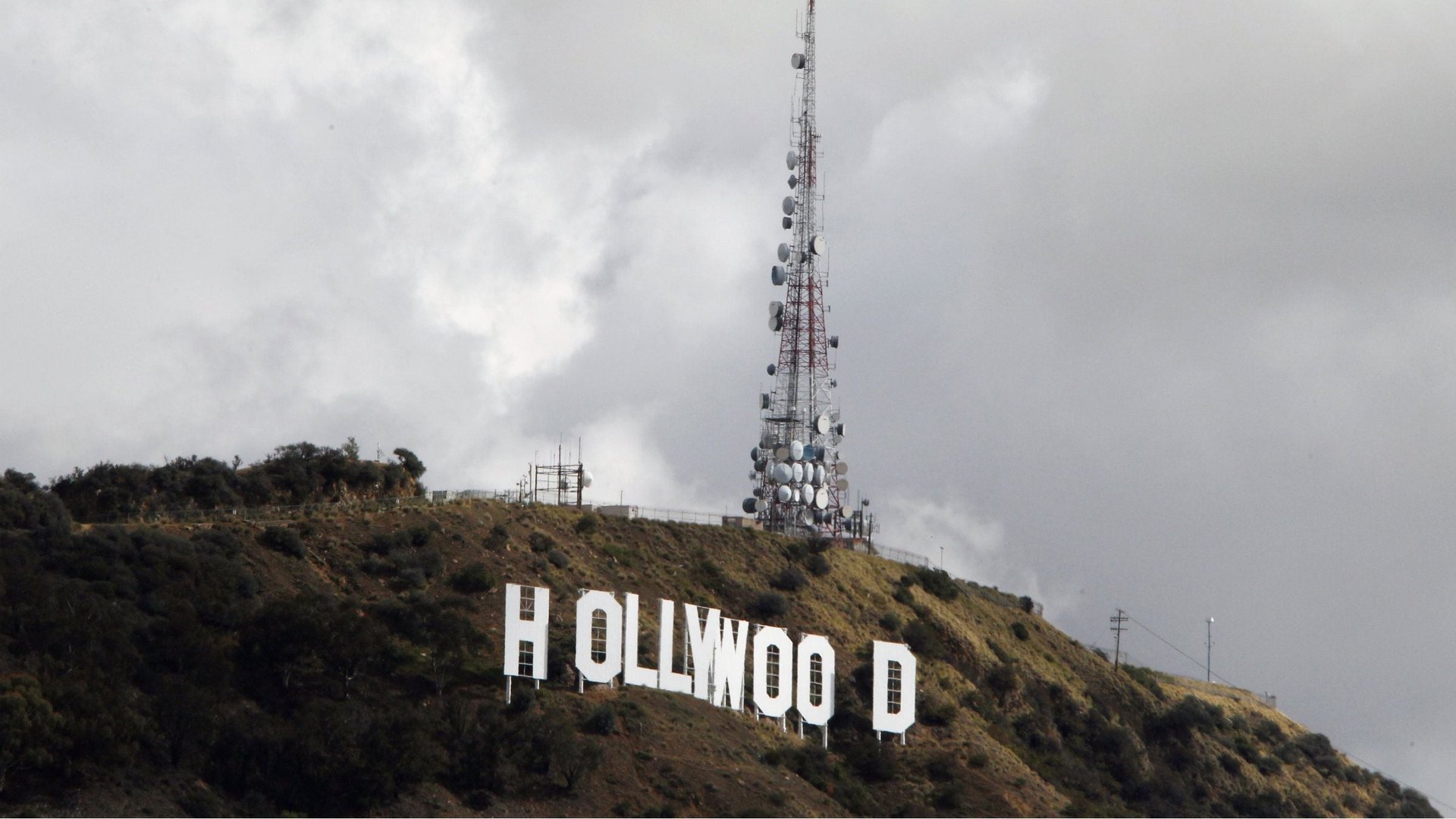Here is one radical solution to Hollywood’s movie crisis
Is America’s latest golden age for television coming at the expense of its movies?


Is America’s latest golden age for television coming at the expense of its movies?
It is a question being asked by some of the wisest minds in the film industry. And there is plenty of circumstantial evidence to suggest that the answer is yes. While hit shows from the likes of HBO (Game of Thrones, True Detective) AMC Networks (Breaking Bad) and even Netflix (House of Cards) have captured the cultural zeitgeist over the past year, Hollywood is languishing in a creative abyss, bereft of new ideas, and suffering from its worst summer at the box office in years.
But if TV’s path to cultural ascendancy was to become more like movies, then maybe the answer to the film businesses’ woes is to become more like television?
In a recent piece in the Hollywood Reporter, BTIG analyst Rich Greenfield noted that the basic experience of going to the movies has not really changed over the years—although there are attempts underway to change that. AMC Entertainment is building an entire business around improving the theater experience, and the high profile venture capitalist Marc Andreessen recently shared his thoughts in a tweetstorm on the matter.
But Greenfield makes an arguably more radical point. He thinks it is only a matter of time before movies are regularly offered on-demand, on the same day they are released in theaters. This isn’t a new idea—the entrepreneur Mark Cuban, who delved into the movie distribution, movie theater, and cable TV businesses before becoming a TV star himself, started talking about upending the hierarchy of release schedules (cinema first, then on-demand or DVD, then cable) more than a decade ago (paywall). And there have been several experiments around this within the indie film scene.
Now, the technology and viewing habits may finally be in place for the major studios to pursue this on a much grander scale. The catalyst, according to Greenfield, will be Netflix (or any big, online distributor) producing its own movie. And it could lead to a complete overhaul of the Hollywood business model.
“Look for movie studios to transform themselves into continuous storytelling factories, with the initial ‘movie’ being just one aspect,” Greenfield writes, envisaging subscription-based business models, where consumers pay studios a recurring fee to access a movie, its sequels, and related content ranging from online videos to immersive, virtual-reality experiences.
The business model for big-budget Hollywood movies already is changing. Studios are making more of their money from offshore markets (a byproduct of which is fewer comedies). And inside the US, studios are making a smaller proportion of their money at the cinema. This analysis (paywall) by the Wall Street Journal suggests Hollywood makes twice as much money on the average movie through on-demand purchases (via cable companies or iTunes), airings on HBO and Netflix, and even DVD sales, than it does at the box office.
Of course, that evolution hasn’t helped Hollywood movies reclaim the ascendancy they once enjoyed over other forms of creative media. Whether a more radical departure from the traditional distribution model can change that remains unclear.